Eucalyptus
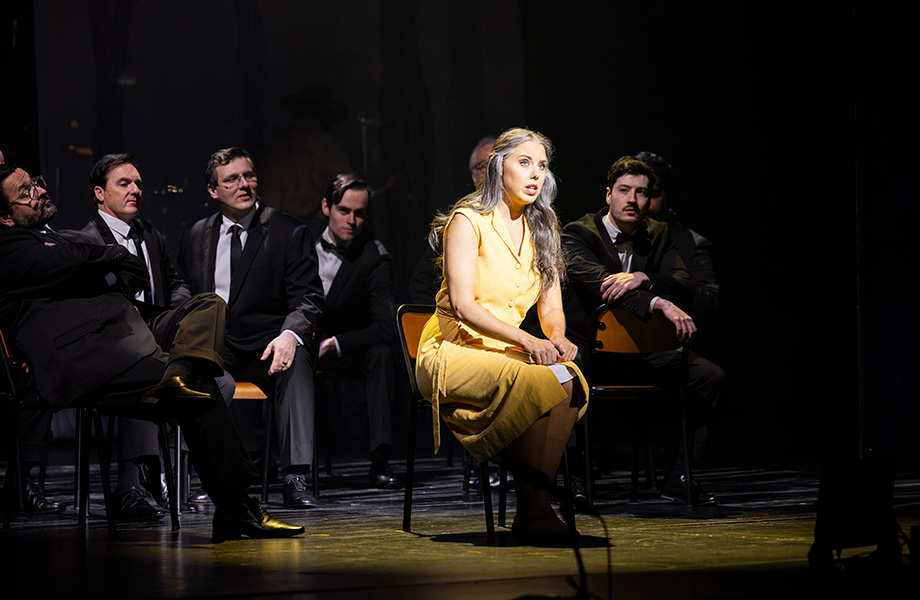
Two new and important Australian operas within a month: Gilgamesh (Symons/Garrick) in Sydney in late September, and now Eucalyptus (Mills/Oakes) in Melbourne in mid-October. This certainly hasn’t occurred for quite some time, if ever. Composer Jonathan Mills, mentored at Sydney University by Peter Sculthorpe, is probably best known for two acclaimed operas. The Ghost Wife – a dark, brooding work with libretto by Dorothy Porter, based on a short story by Barbara Baynton – was a critical success when it premièred at the Arts Centre Melbourne in 1999, with subsequent seasons in Adelaide, Sydney, and London. A bleak and confronting work, it revealed a young composer of promise with an impressive grasp of the form.
A complete contrast was the later chamber opera, The Eternity Man (2003), Dorothy Porter again the librettist. This had as its protagonist the historical figure of Arthur Stace, an enigmatic character who famously chalked the single word ‘Eternity’ on walls and streets in Sydney over a period of thirty-five years. The opera was premièred at the Almeida Theatre in London in 2003 and revived in Sydney in 2005. It was less well-received than The Ghost Wife; the subsequent film adaptation (2008) garnered more plaudits than the stage version.
Continue reading for only $10 per month. Subscribe and gain full access to Australian Book Review. Already a subscriber? Sign in. If you need assistance, feel free to contact us.



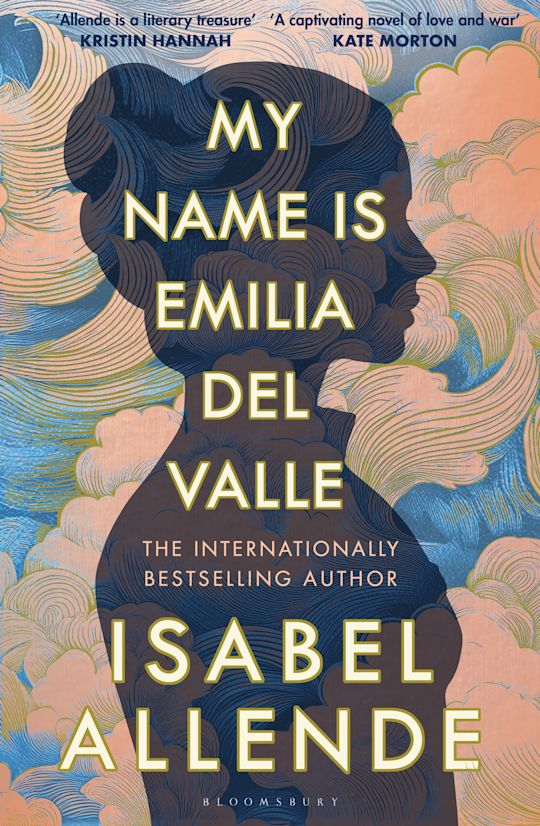
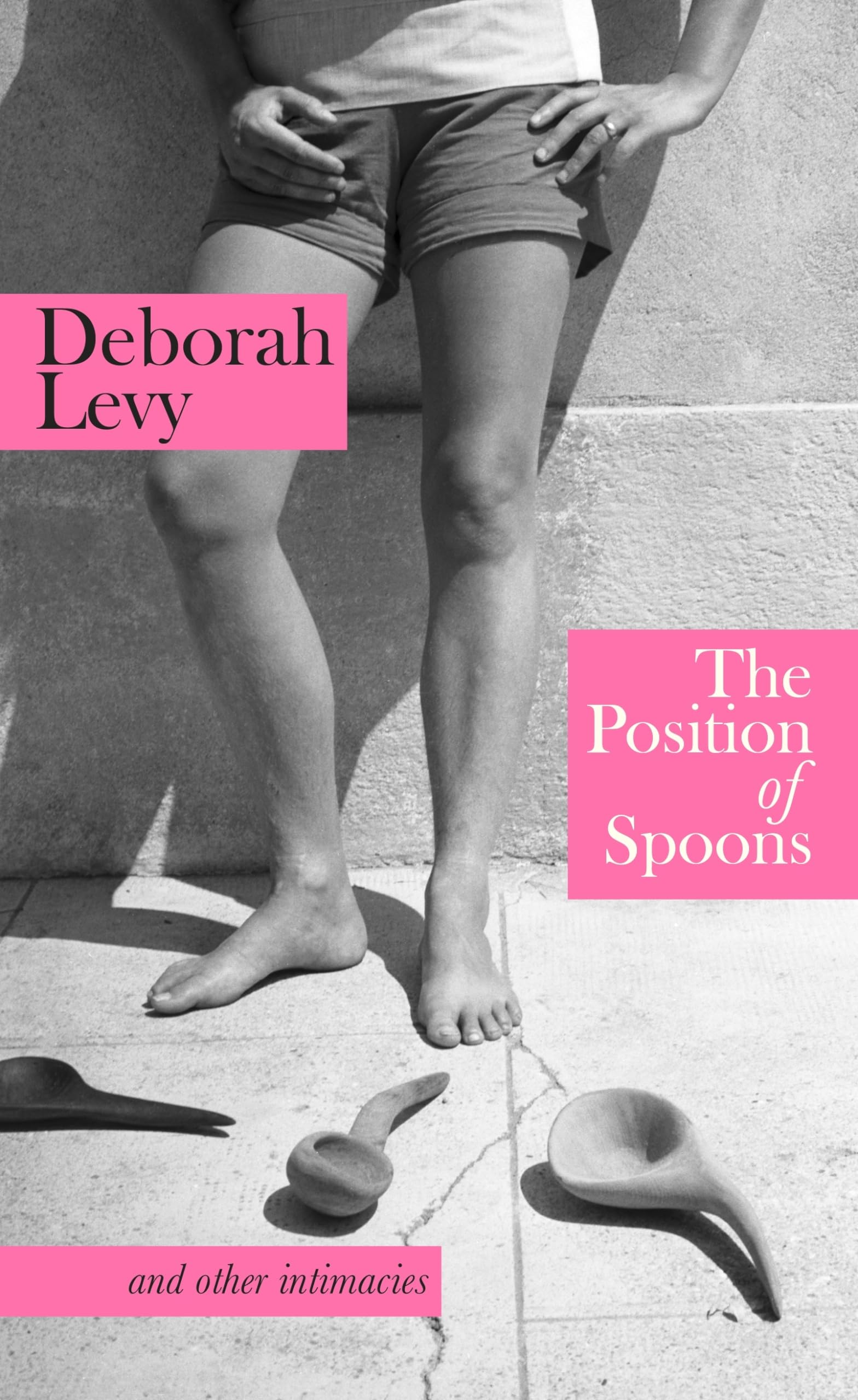

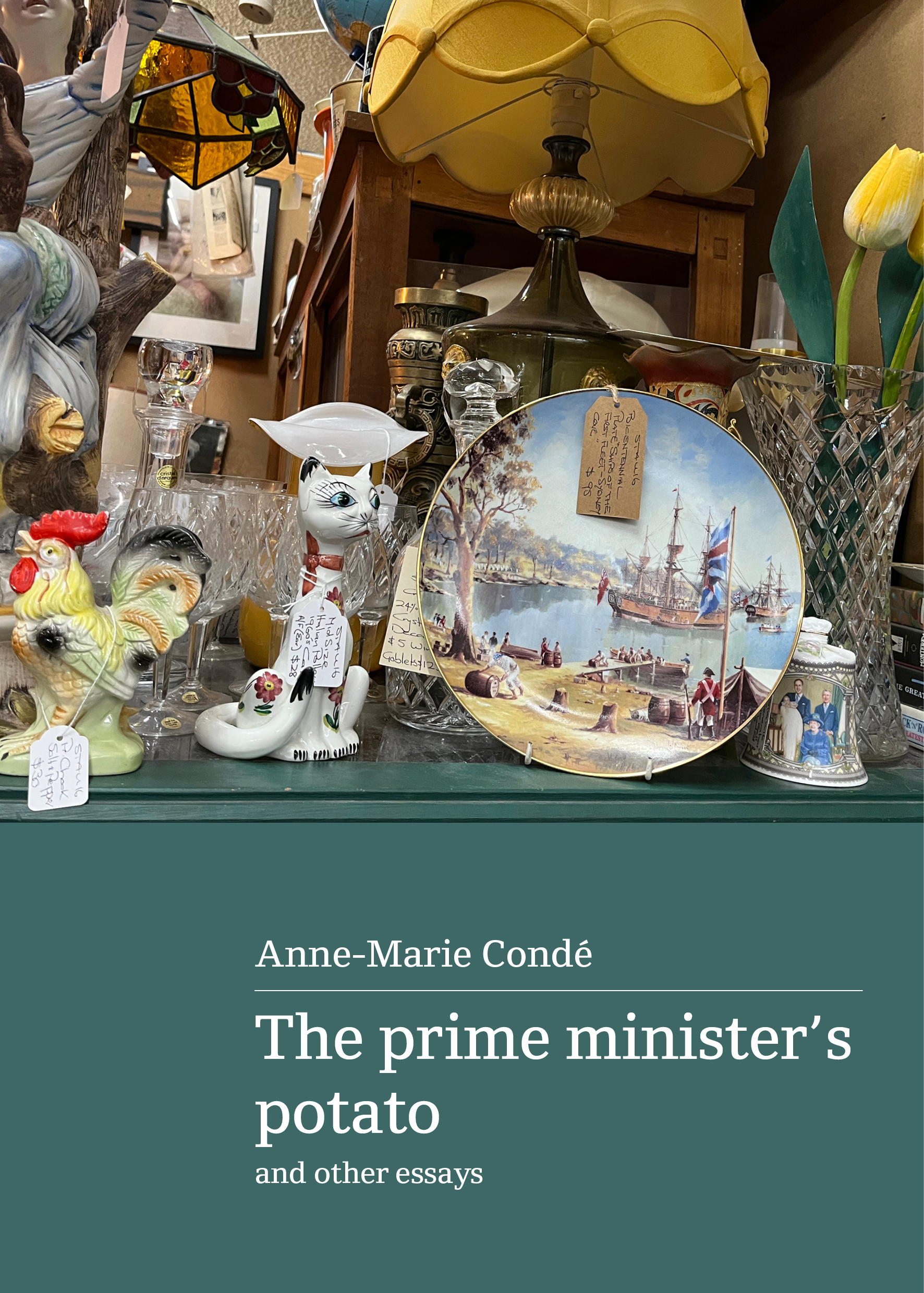
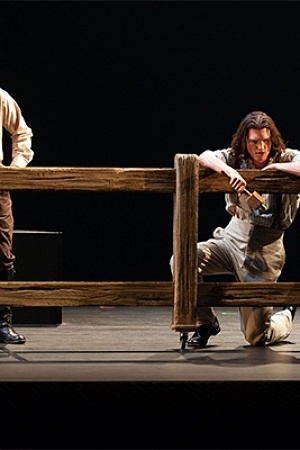
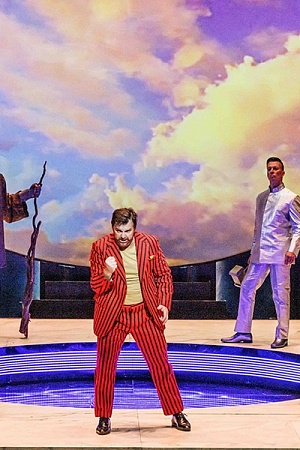


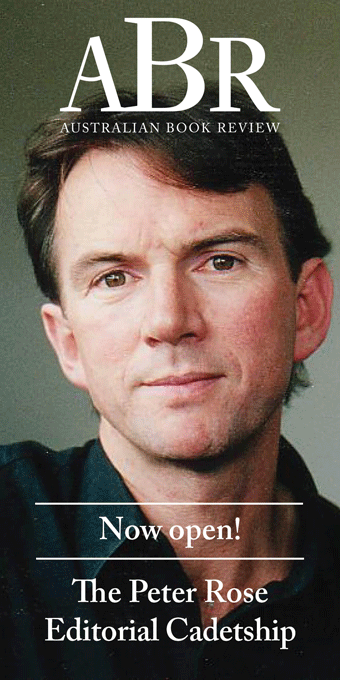
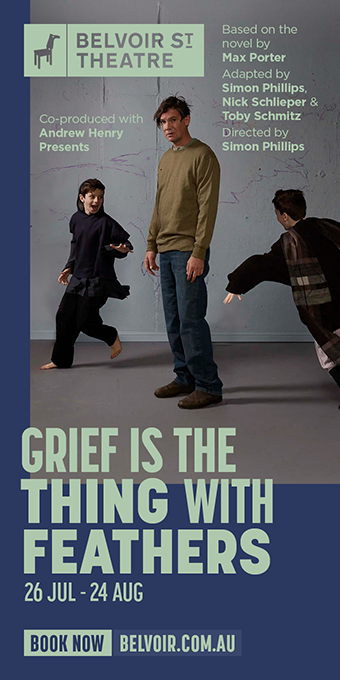
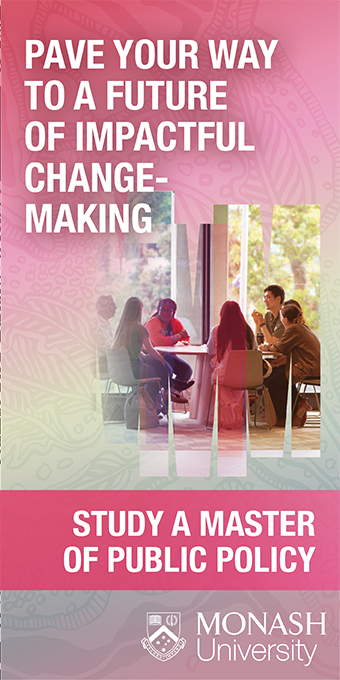
Comment (1)
Leave a comment
If you are an ABR subscriber, you will need to sign in to post a comment.
If you have forgotten your sign in details, or if you receive an error message when trying to submit your comment, please email your comment (and the name of the article to which it relates) to ABR Comments. We will review your comment and, subject to approval, we will post it under your name.
Please note that all comments must be approved by ABR and comply with our Terms & Conditions.